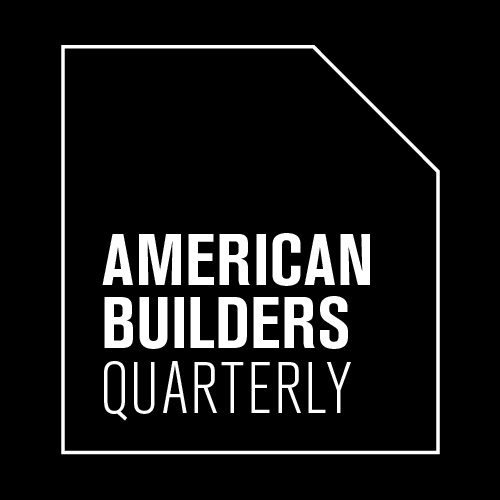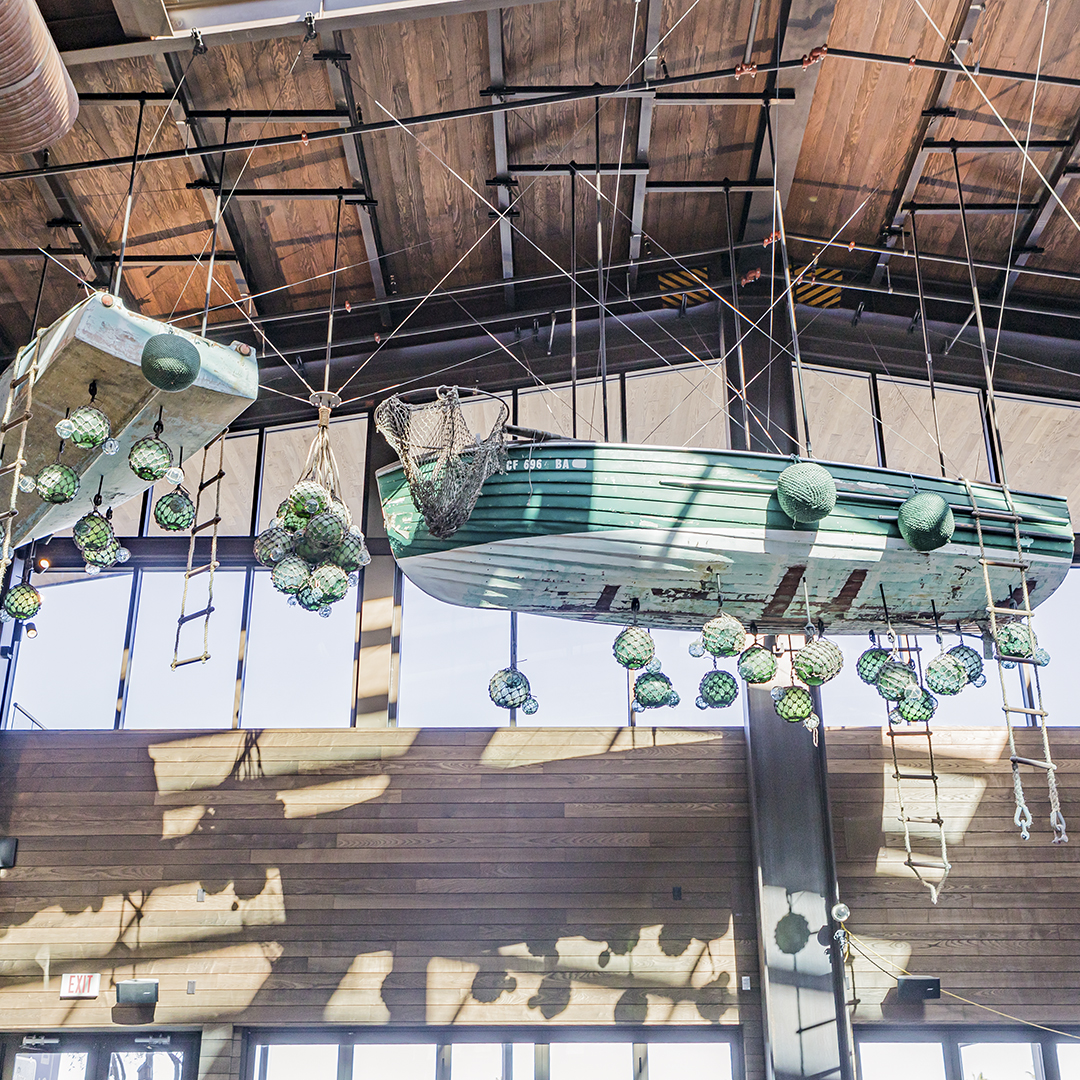|
Getting your Trinity Audio player ready...
|
For all the breadth and depth of Shaun Lee’s construction experience, the major draw of his current role as global workplace senior project manager at identity management company Okta is his ability to have a hand in other areas of the company.
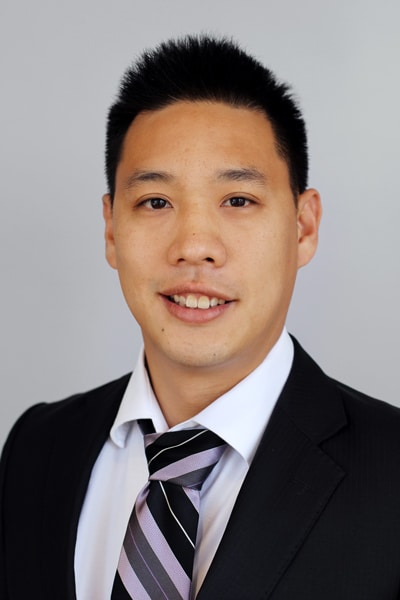
“The really interesting thing about my role at Okta is that while the primary responsibility is delivering projects, the role isn’t limited to just construction,” Lee elaborates, emphasizing the role’s fluidity. That fluidity allows him to focus on the employee experience as much as Okta’s expansion projects, extending the benefits of his innovative ideas to the business and its workers alike.
Before Okta, Lee spent five years tackling financial institution projects in his native Singapore, two years at real estate consulting firm Project Management Advisors (PMA), and three years at commercial real estate services firm Cushman & Wakefield. Through these roles, he honed the requisite skills to navigate all aspects of project management, from budgetary and scheduling issues to internal stakeholder coordination.
When working in Singapore, Lee had the challenge of targeting his 150,000-square-foot project for stock exchange client Singapore Exchange Limited toward a broader company rebrand occurring in tandem with the physical space refresh. At the same time, he needed to clear the hurdle of complying with strict government regulations of the exchange.
Subsequently, at PMA, Lee led a project for Google that entailed building out a campus of six 60,000-square-foot buildings to house Google’s hardware division. The scope of this project prepared him for his later work at Cushman & Wakefield, where he facilitated internal project management on a 750,000-square-foot headquarters project for cloud storage service provider Dropbox.
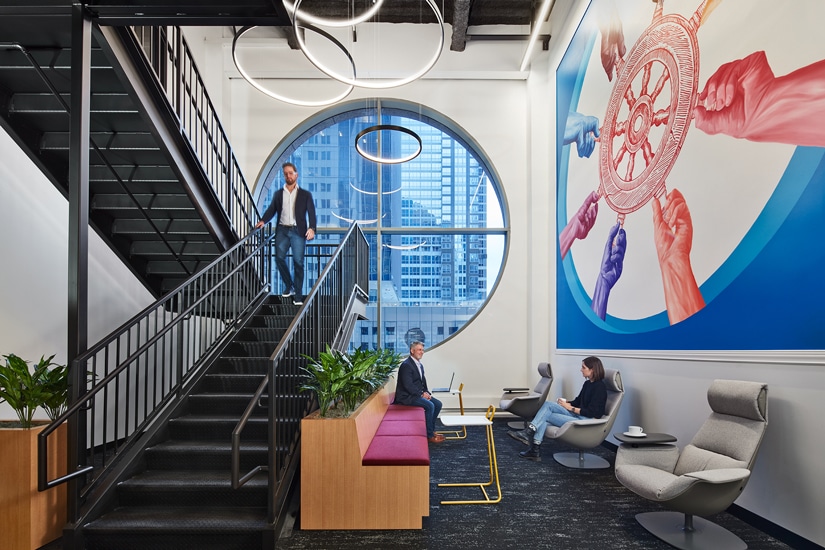
His past experience managing major projects for high-profile clients has given Lee a leg up since joining Okta in December 2019. In his relatively brief time at the company, Lee has already spearheaded projects in Chicago and Washington, DC, that added close to 40,000 square feet in office space to the company’s portfolio.
Furthermore, the nature of Lee’s current role has given him new avenues to explore. “Apart from the physical space that we’re delivering to employees, there are other elements such as sustainability and employee experience programs that get integrated into each space,” he clarifies.
To draw in employees, Lee ensures each office is customized based on the location and the needs of the people who will work in that space. For instance, for Okta’s Chicago office, Wrigley Field—one of Chicago’s Major League Baseball stadiums—was incorporated into the design of the space. He also commissioned a local artist to paint a mural in the space to deepen its connection to the community.

Interviews with Okta’s Chicago team members likewise informed Lee’s decisions. “We don’t design in isolation,” he says. “There has to be a feedback loop with local users to understand how they want to work in the space.”
Lee remains inspired by his prior experience with sustainability during his time in Singapore, and he says his future projects will reflect Okta’s commitment to sustainability. Beginning in 2021, the company decided to pursue both LEED and WELL certifications across its spaces. To meet these two sets of requirements, Lee considers not only energy use and infrastructure matters but also more holistic concerns related to occupant health and wellness.
Health and wellness have become increasingly important to Okta as a whole on account of the COVID-19 pandemic. For Lee personally, this newfound importance has meant studying up on government regulations and scientific metrics pertaining to COVID-related safety. However, his contributions to Okta’s return-to-office planning come with a twist.
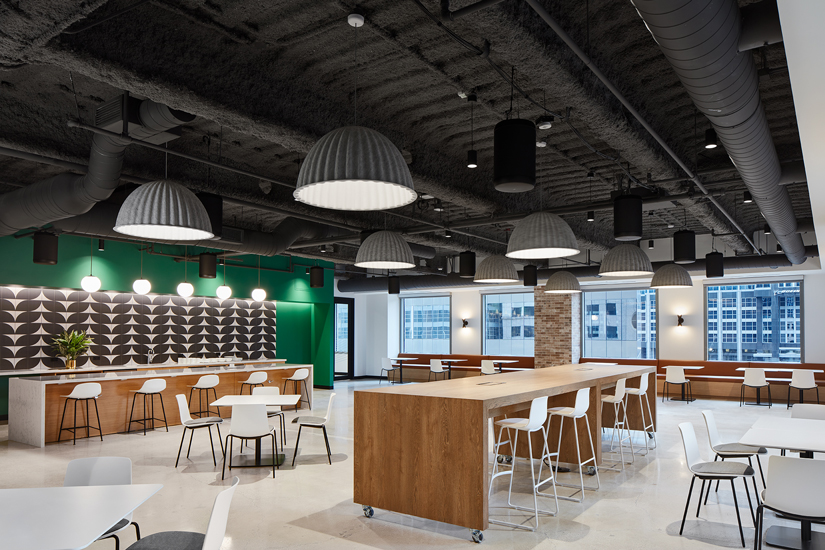
“Okta isn’t mandating that employees ever have to come back into the office,” Lee reveals. “That’s a really key statement of trust in our employees and their at-home productivity.”
Okta’s openness in this regard stems from an idea predating the pandemic that is known at Okta as “Dynamic Work.” Under Dynamic Work, employees choose whether to work in an office, at home, or anywhere else based on the setup that functions best for them. Since this flexibility allows Okta to reach a larger and more diverse talent pool, Lee notes that it will have significant impacts in company hiring and culture, especially from a diversity and inclusion perspective.
To continue growing both Okta’s hiring pool and its overall brand, the workplace team is in the process of rolling out Okta “experience centers”: first-floor retail spaces where customers can interact with the company’s products and where employees in regions with an otherwise limited company presence can touch down. In addition, the general public will be able to come into the experience centers to learn about what Okta does, thereby increasing brand awareness.

Lee hopes that the experience centers will mirror his other projects at Okta, in that the centers will become spaces for employees to enjoy. “What I find most satisfying about what I do is getting to watch employees’ reactions when they first come into a new space,” he admits. “I’m always trying to give them an exciting and vibrant environment to call home.”
